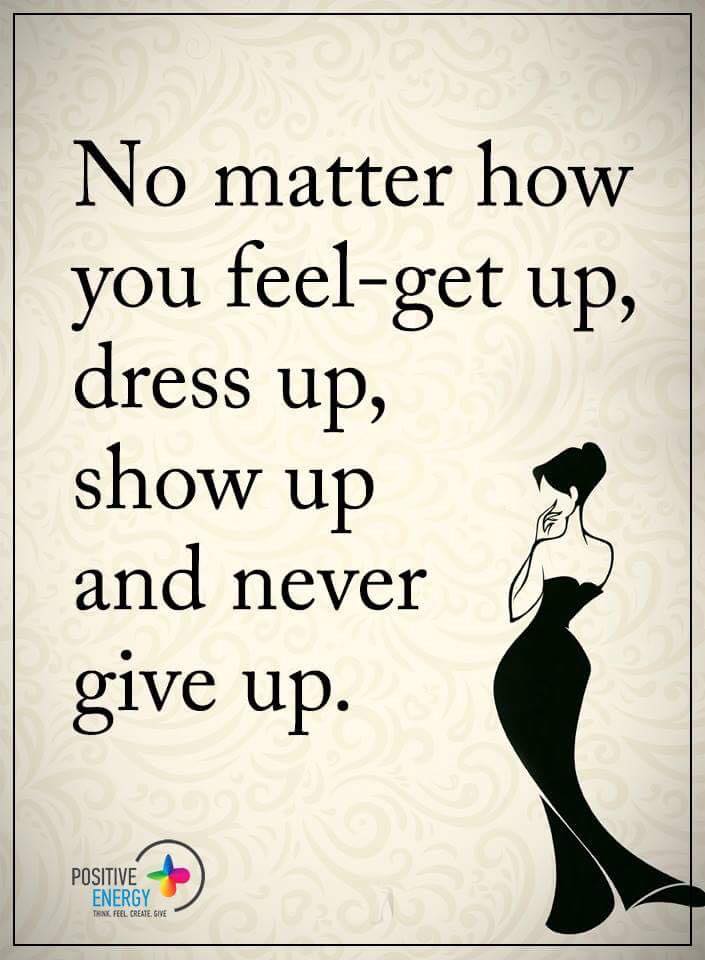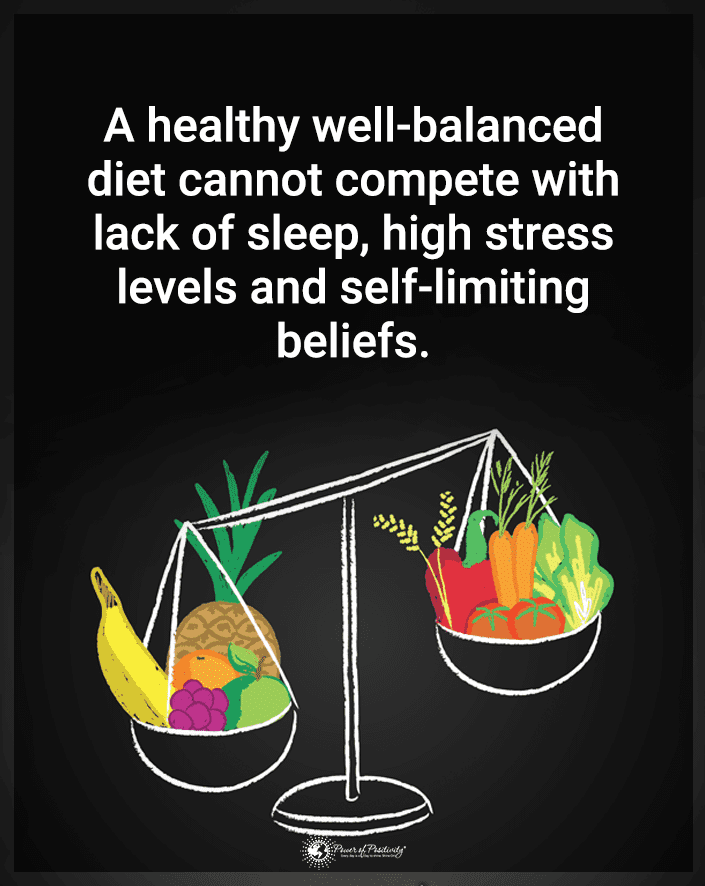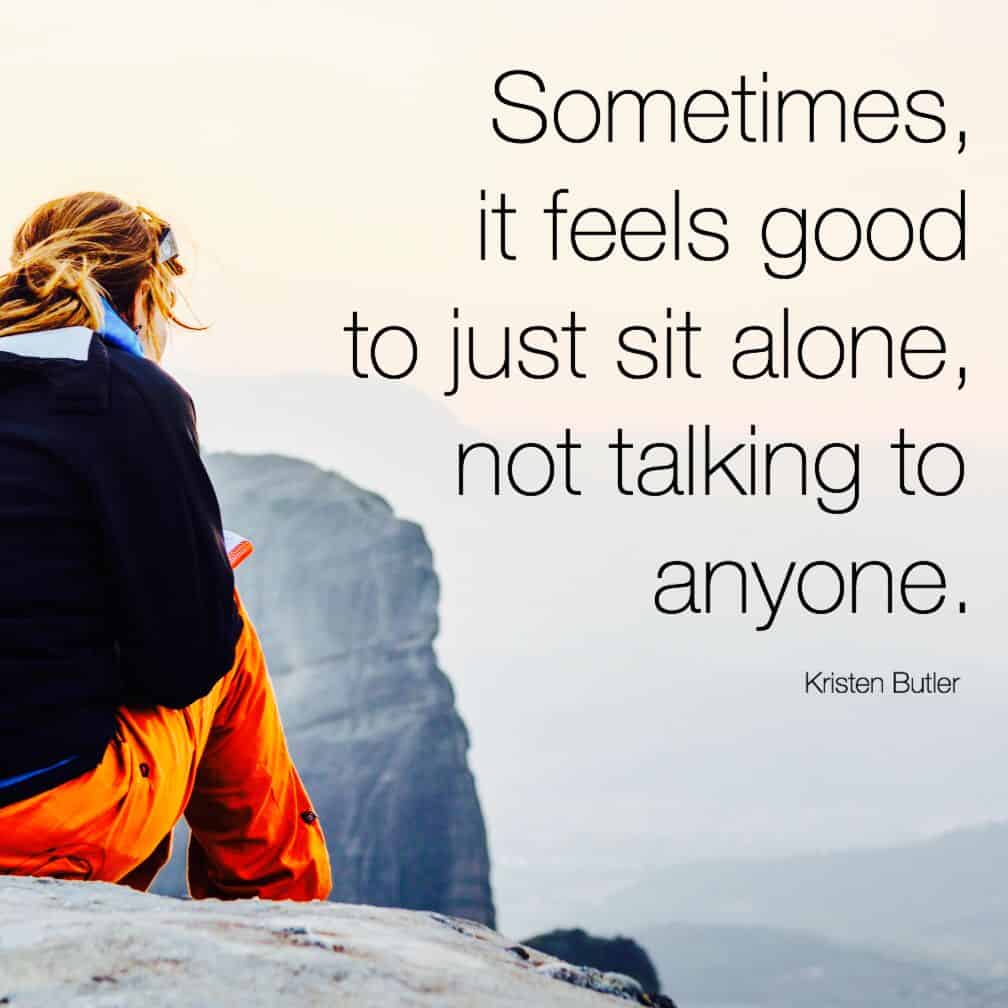Mornings can be tough for some people. But you really should get up ready to face the day before 10AM.
People who like the silence of the late night. People who relish in the lack of distractions. Inevitably, the sun comes up and we have to get up out of our warm beds and face the world. This can be extremely tough if you are fighting emotional pain, trauma, or depression. The allure of laying in bed and watching Netflix can be overwhelming if you don’t have children who need you or a morning job to get to.
If you want a positive, healthy and emotionally balanced life, then there are some things you need to get up and do in the morning.
Here are 10 things you should do before 10AM:
1. Get Out Of Bed Before 10AM
The journey of a thousand steps begins with a lot of complaining. If you are suffering from depression or sleep disorders, just getting out of bed can be tough. You aren’t going to slay your personal dragons by laying in bed. No matter how tired you are, you aren’t going to feel better by lounging around in the bed. Get your butt up and moving around.
2. Wash Yourself
You are exhausted and you feel like crap. We get it. One of the signs of emotional pain is that you start neglecting personal hygiene. It is easy to skip the shower and bum around all day surfing the web. Getting a shower and washing yourself from head to toe will not only clean your body, but rinse off your soul. The warm water soaks into you and refreshes your mind. This small act of devotion to yourself can work wonders on your perspective.
3. Make Your Bed
Little things in life matter. Making your bed is the first task completed for the day. After completing that first task, you will be encouraged to complete another and another. If you have a really crappy day, then when you get home, you can slip into a well-made bed – a bed that YOU made. It will give you hope that maybe tomorrow will be better.
4. Eat Breakfast
Some people skip or ignore breakfast. It is the most important meal of the day for many biological reasons. Eating breakfast will fill your body with much-needed nourishment that will give you the energy and stamina to tackle the rest of your day. If you wait until lunch to eat anything substantial, you might find yourself snacking on empty calories to give you a boost. Those calories will go right into fat storage as the body thinks it is in a environment of low food availability. If the body thinks it is starving, then it will store energy rather than use it. Eat something nutritious and you will find you are less distracted with hunger and in a better mood throughout your day.
5. Get Dressed
Even if you don’t have to be anywhere special like work or meeting someone, get dressed like you are going out. When you work from home, it is a temptation to bum around all day in your pajamas. Getting dressed reminds you that you have stuff to do today. Like showering, it is an act of self-love that can lift your spirits just a little bit.
6. Make A List
Make a short list of the things you want to get done that day. It doesn’t have to be exhaustive. Just make either a mental or physical note to yourself that you have a goal for the day. Setting a goal or goals pushes you to get moving and stay moving until the task/s are complete. A body in motion stays in motion, and a list can give you some early momentum to work with for the rest of the day.
7. Get Out of the House Before 10AM
Get out of the house and go do something. It doesn’t have to be important or critical; just getting out of the house gets you out of your head a little. Get some fresh air. Go for a walk. In a world of social media and telecommuting, it is easy to physically isolate ourselves from others. Getting out of the house and spending time working on your laptop at a coffee shop or a park can help energize you.

8. Talk To A Friend Before 10AM
Another symptom of emotional pain is for someone to isolate themselves from others. Make it a habit to talk with friends or family even when you don’t have to. People are social creatures and need social interactions. When we let ourselves become isolated, we cut off mental and emotional lifelines to other people. Talking with friends and family can get us out of our own heads and break unhealthy loops of negative thoughts.
9. Listen To Some Music
Put on your tunes. Rock out for a few minutes to something happy and upbeat. Avoid music with depressing themes, as these will suck away your energy or turn your thoughts to negative subjects. Sing something silly with your kids. Crank up the music on your way to work and sing along. Music can energize you and put you in a better mood for the rest of the day.
10. Do Something Physical
Do something to get the juices flowing. Get on the floor and do some yoga stretches. Go for a short run before your shower. Dance with your kids in the kitchen to silly music. Get your heart pumping and your energy levels up. Getting the body active releases hormones in your brain that will raise your mood. Free your butt and your mind will follow.
References:
http://www.storypick.com/successful-people-in-the-morning/
http://www.inc.com/business-insider/14-things-successful-people-do-first-thing-in-the-morning.html










